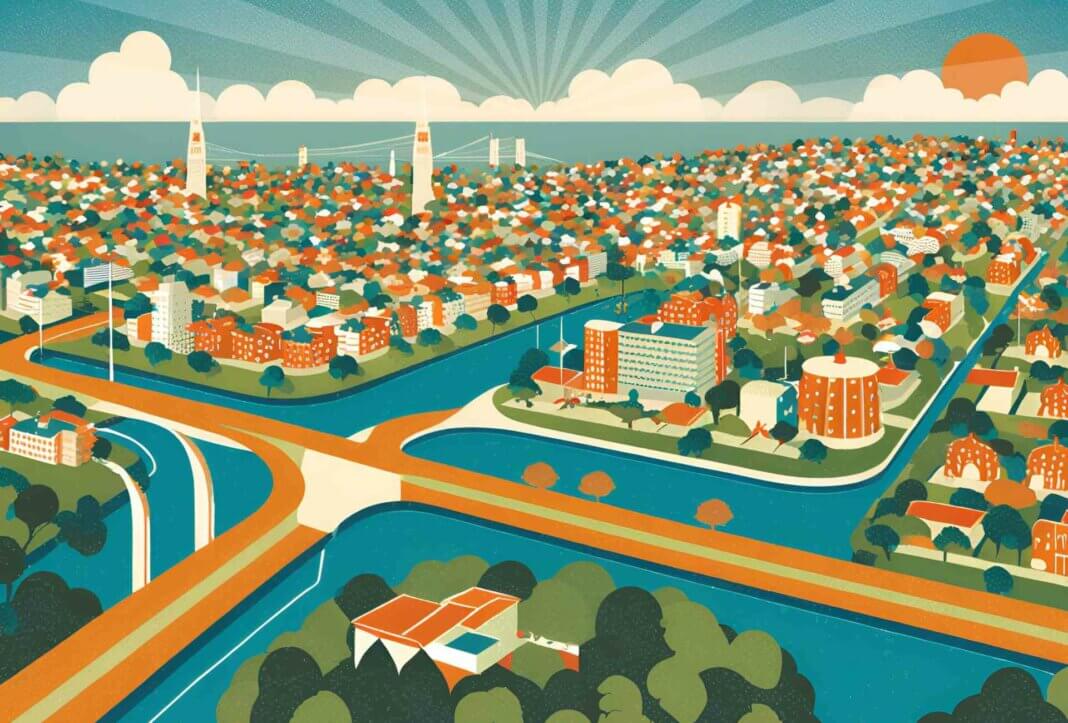The World’s Most Liveable Cities for 2024
An IMGW News Report
Vienna has once again been crowned the world’s most liveable city, according to the latest Economist Intelligence Unit (EIU) rankings. This year’s evaluation also factors in lifestyle, personal freedoms, and the number of museums per capita, providing a comprehensive view of a city’s overall quality of life.
You're Just a Couple of Clicks Away from IMGW.News Content...
1. New to IMGW.News?
If you're new to our portal, please subscribe here for free:
Link
2. Already Subscribed
If you are already a subscriber you can login from here:
Link
 What's New?
What's New?
We've enhanced our subscription technology with features like the Reading App, making IMGW.News more robust, user-friendly, and fun to use. Enjoy!







